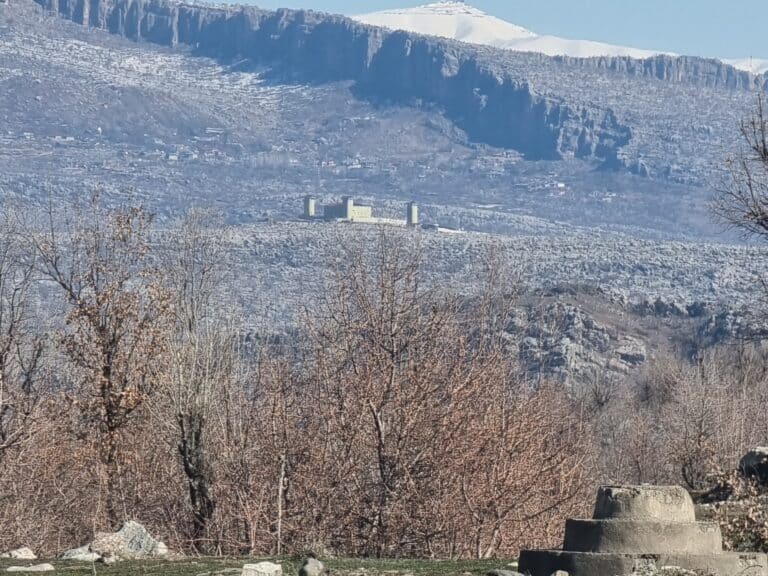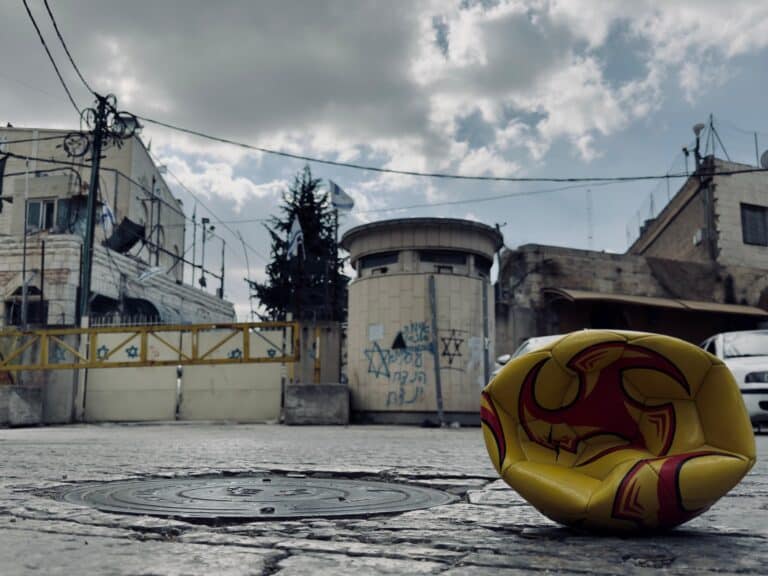by John Heid
In the upper Rio Grande Valley, the boundary between Texas and Mexico meanders willy-nilly like the river it rides. A muggy lushness prevails in sharp contrast to the arid Sonoran desert frontier of Arizona and New Mexico.
Cities along this stretch of the border appear seamless – El Paso and Ciudad Juarez, Del Rio and Ciudad Acuña, Laredo and Nuevo Laredo. Each duo is a single community, the fabric of two cultures interwoven with a rough tear down the middle. “We are one city,” they say. Families have members on both sides of the river. Commerce and students go back and forth across the Rio Grande, just like my friends back in the Twin Cities (Minneapolis and St. Paul) who cross the Mississippi each day.
Yet, a sense of alienation pervades deep in the heart of Texas. Policy decisions crafted inside the Washington, DC beltway have tidal wave impact by the time they reach the border. Many borderland residents are outraged at the “security” they must endure – round-the-clock check points, National Guard maneuvers, surveillance towers, the incessant drone of low flying helicopters. Word is that no sheriff, judge or mayor on either side of the border supports the impending wall which will split communities in two. Paradoxically, the borderlands are less safe for all the security they now endure.



